Solar Bollard Lighting puts former punk guitarist Mike Arieni in the spotlight
Mike Arieni fell in love with lighting as a punk guitarist with the Brisbane band The Clams more than 30 years ago and now runs a $2m business selling solar lights.

Brendale’s Mike Arieni fell in love with lighting as a punk guitarist with the Brisbane band The Clams more than 30 years ago.
As well as honing his musical skills on stage, Mr Arieni took on the role of lighting and sound director for the band as it performed in clubs and hotels around south-east Queensland.
Fast forward to 2022 and Mr Arieni now runs Solar Bollard Lighting, a $2m business that exports to 41 countries with clients including the US Military and State Department.
Initially a successful car salesman with Zupps at Aspley, Mr Arieni’s side hustle as a rock musician and club manager drew him into the world of electronics and lights.
“I really got into the lighting side of things while I was playing with the band,” said Mr Arieni. “I would set up the light show for our performance, which gave me a working knowledge of electronics.”
In the early 1990s, Mr Arieni decided to leave his car sales job and move into the club scene as a manager. “I just woke up one morning and decided I would resign today,” he said. “I didn’t know what I was going to do, but I knew it would be something in business.”
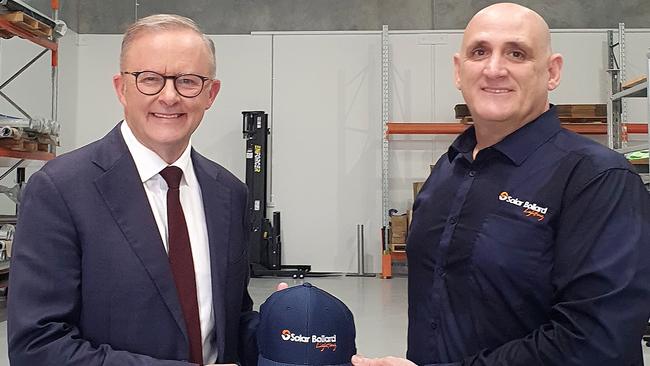
He went on to manage the Bungalow Beach Club at the Kallangur Hotel where his knowledge of lights, including the emerging trend of LED lights, was a major advantage.
Mr Arieni at the same time was committed to establishing his own business and initially started importing LED torches from Taiwan.
“They were extremely popular here in Australia and I imported thousands at a time,” he said. “At the same time, I was doing research into other lighting products.
His literal “light bulb” moment came when he was walking with his son at a local sporting field on the Sunshine Coast when he noticed the pathway lighting was damaged.
“The light was connected into the mains and had its wires exposed,” he said. “I remember thinking a small child who touched the wires would be killed.”
He contacted the council the next morning and offered to sell solar-powered lights that were functional, safe and environmentally friendly. “It was a hard slog at first but then in 2007 Kevin Rudd was elected PM and climate change became a thing,” Mr Arieni said. “That’s when things really took off.”
He now sells up to 6000 lights each year with sales approaching $2m. From the start, Mr Arieni was committed to bringing manufacturing back to Australia. Arieni and Solar Bollard Lighting were last month inducted into the Moreton Bay Business & Innovation Awards Hall of Fame for Exporting Excellence.
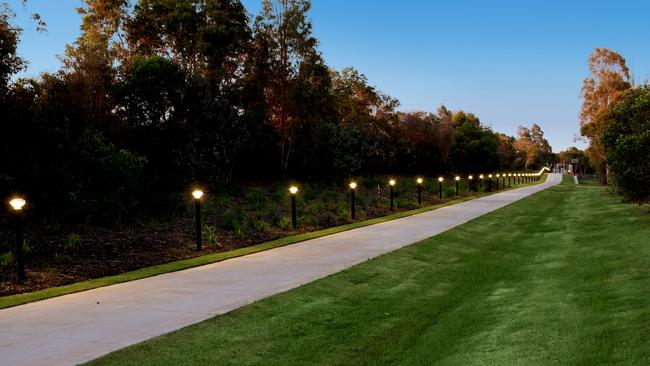
Solar Bollard Lighting has been manufacturing locally since 2012, either in its own factory at Brendale in Brisbane’s north or outsourcing to local suppliers.
Mr Arieni is planning an expansion of manufacturing over the next couple of years as the business rides increasing demand.
“If you start looking, you’ll see solar bollard lights everywhere, and not just in Australia,” Mr Arieni said. “We have had international contracts with the United States Armed Forces, the UAE Defence Force, and soon the Singapore Armed Forces. If you’re ever at the U.S. Embassy in Iraq you’ll see our handy-work there too.”
The company also supplies theme parks, resorts, caravan parks, aged care homes, mining sites and universities with solar bollard lights.
Mr Arieni, who claims to be creator of the world’s first all-in-one solar light, is now calling on the Federal Government to make it compulsory for local councils and state governments to purchase Australian made goods and services.
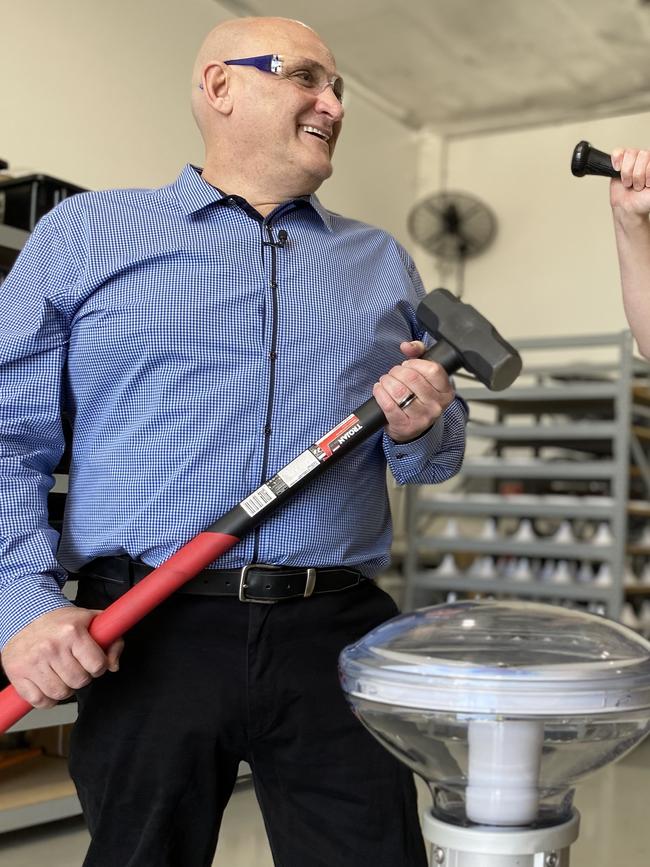
He said such a mandate would reinvigorate the nation’s manufacturing sector and drive innovation. “It’s a false narrative that Australian made goods and services cost more,” Mr Arieni said. “Sure, the purchase price might be slightly higher initially compared to cheap, poorly-made foreign products, but Australian made products are better quality, don’t need replacing as frequently and are made in factories that employ Australians, pay payroll and company taxes.” One of his lighting systems is still working 17 years after installation.
The flow-on impact of making it compulsory for all tiers of government to purchase Australian made goods and services would be transformative.
Mr Arieni said the business was constantly innovating and was about to start trials on an upgraded lighting system in the mountains of Canada, where temperatures can drop to minus 30 degrees. “We’re also testing the product in the deserts of Saudi Arabia, where temperatures can exceed 50 degrees Celsius,” he said.
Reducing the world’s carbon footprint is also motivating Mr Arieni. “I don’t like cheap, poorly made, foreign products because it all ends up as landfill,” he said.
“With global engagement comes global responsibility and that includes helping to reduce C02 emissions. It’s important you try and make a difference.”
More Coverage






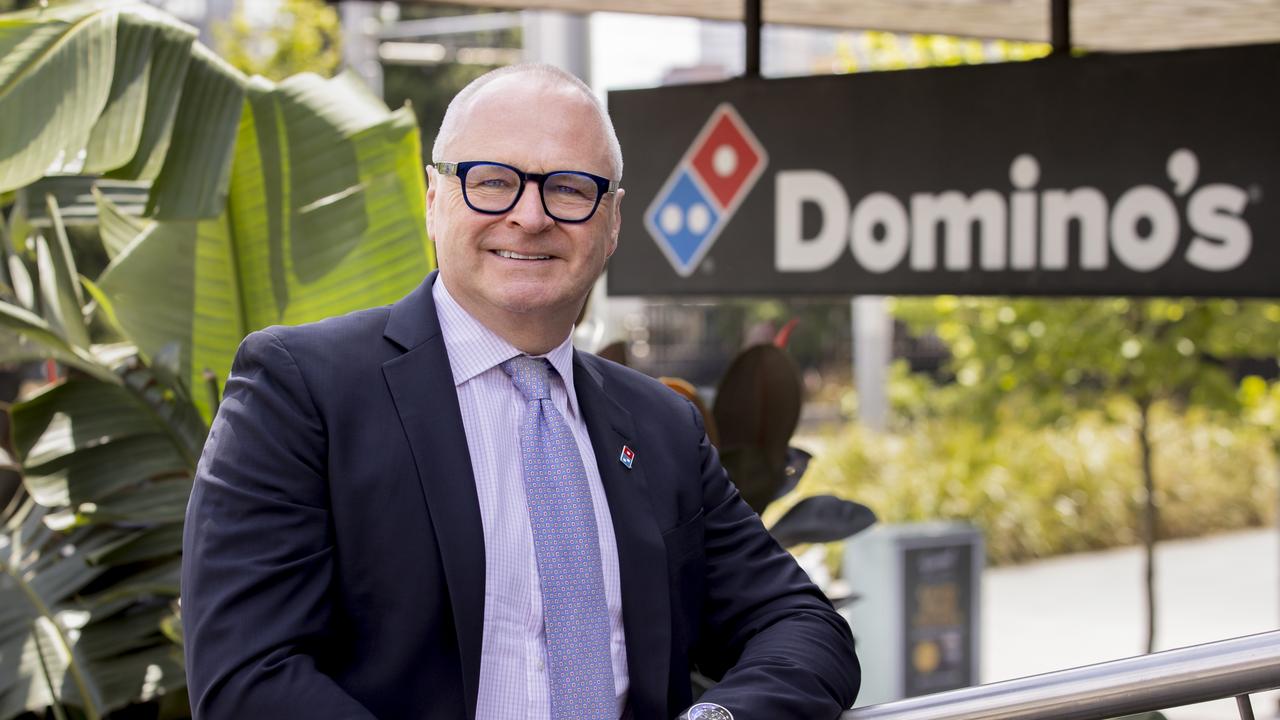
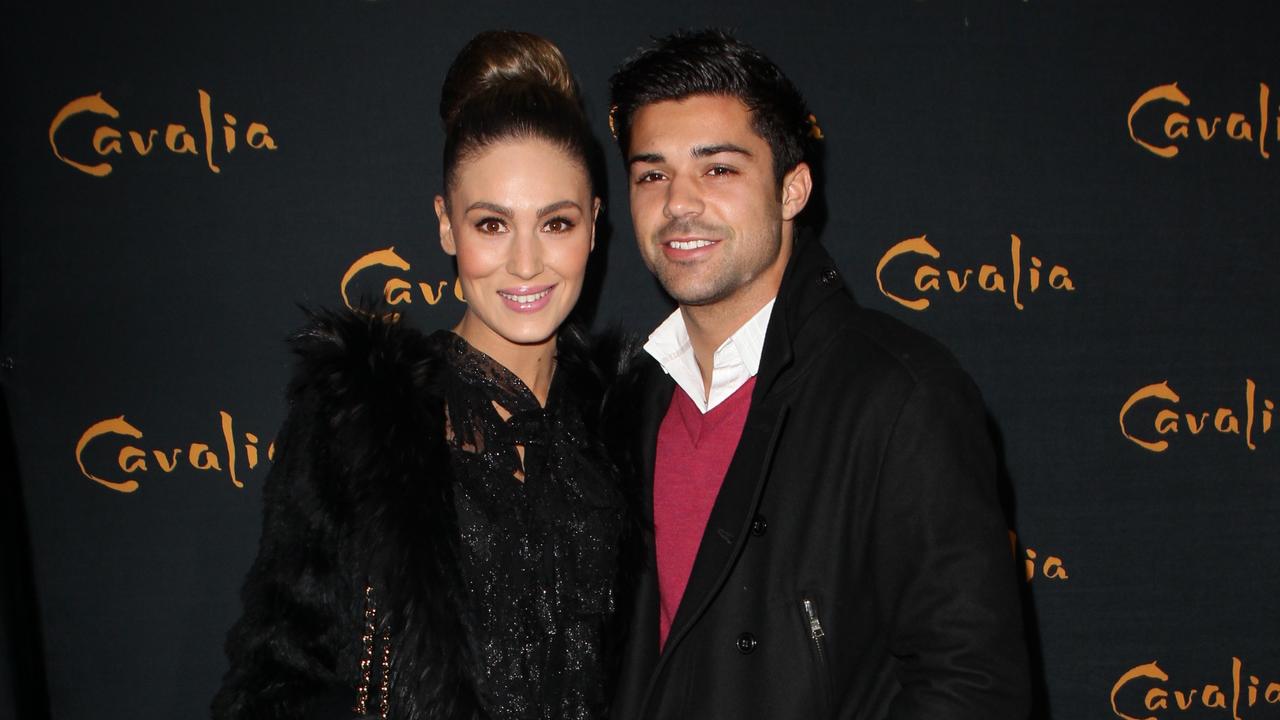
To join the conversation, please log in. Don't have an account? Register
Join the conversation, you are commenting as Logout